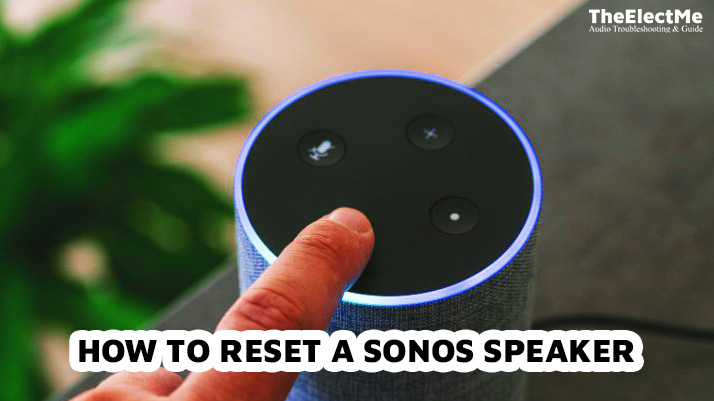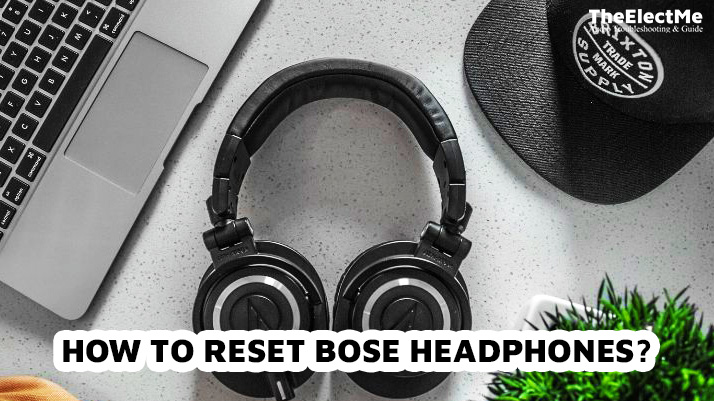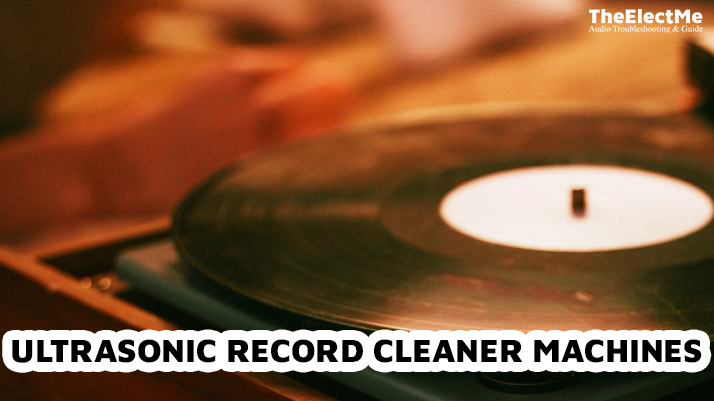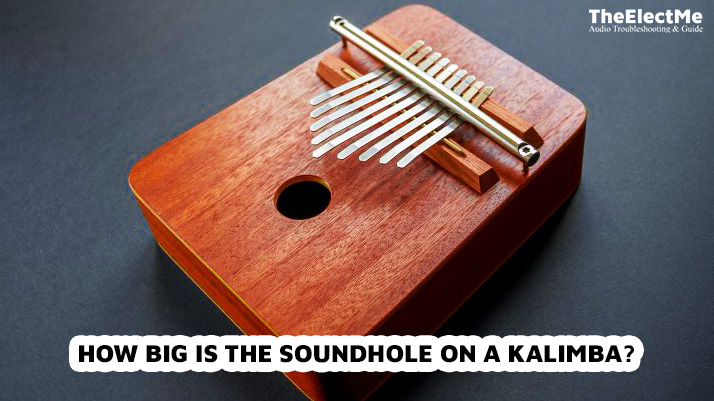How much does a piano cost? That is a million-dollar question for pianists considering purchasing a piano. The price of a piano can vary greatly depending on several factors. A well-known branded piano can cost significantly more than a lesser-known brand.

Simultaneously, the types of piano, such as upright or grand, can also significantly impact the cost. That’s why it’s essential to understand the factors affecting piano prices. Before investing in a piano, knowing how much you can expect to spend and what influences the cost is crucial.
For valuable insights into piano prices, keep reading this guide. So, your dream of owning a piano can become a reality without breaking the bank.
How Much Does A Piano Cost? Price Comparison Table For 4 Piano Types
The average price range for an upright piano is between $3000 – $6500. However, the actual cost can vary depending on several factors, such as brand, type, size, and condition.
To give you a better idea of piano prices, here is a price comparison table for four different types of pianos:
| Type of Piano | Average Cost Range | Notable Features |
|---|---|---|
| Upright Piano | $9,000 - $12,000 | Compact, fits in small spaces, suitable for beginners and intermediate players |
| Grand Piano | $18,000 - $100,000 | High-quality sound, large size, ideal for concerts and professional use |
| Digital Piano | $300 - $4,000 | Portable, variety of sound options, no tuning required |
| Used Upright Piano | $1,001–$3,000 | Cost-effective, good for beginner to intermediate players, price depends on condition and age |
Please note that these are average price ranges, and the actual cost can vary based on factors such as brand, model, and condition. Let’s move to the factors affecting piano prices.
Which Factors Affect Piano Prices?
Regardless of the type of piano you choose, several factors can impact its price. It’s essential to keep these factors in mind when considering purchasing a piano.
1. Brand
One of the significant factors affecting piano prices is the brand. Well-known and established brands tend to cost more than lesser-known brands. Popular piano brands such as Steinway & Sons, Yamaha, and Kawai are known for their high-quality instruments but have a higher price tag.
Here’s a comparison chart with the average cost range for popular piano brands:
| Brand | Upright | Baby Grand | Concert Grand |
|---|---|---|---|
| Steinway | $38,850 | $69,700 | $171,000 |
| Yamaha | $22,000 | $35,000 | $179,000 |
| Fazioli | N/A | $135,000 | $287,000 |
| Kawaii | $8,500 | $21,500 | $218,000 |
| Bosendorfer | $77,000 | $122,000 | $230,000 |
| Young Chang | $6890 | $12,990 | $19,990 |
| Brodmann | $12,000 | $26,990 | $159,000 |
| Baldwin | $10,000 | $21,395 | $63,995 |
| Mason & Hamlin | $28,210 | $62,750 | $139,000 |
| Bluthner | $36,000 | $91,000 | $215,216 |
So, if brand name and prestige are important to you, be prepared to spend more on a piano.

2. Size
The size of a piano can also significantly impact its price. Grand pianos are generally more expensive than upright pianos due to their larger size and more complex mechanism.
Moreover, within the category of grand pianos, the length also plays a role in cost. The longer the piano, the higher the price. For example, a 5′ grand piano will be less expensive than a 9′ concert grand piano.
On the other hand, upright pianos come in various sizes, from spinet to studio and console. Generally, the taller the upright piano, the higher its price.
3. Material Used
How much a piano costs can also depend on the materials used to make it. High-quality materials such as solid wood, premium strings, and superior soundboards can significantly impact costs.
A well-known example is Steinway pianos, known for their iconic “Steinway sound.” These pianos are made with high-quality wood, including spruce soundboards and maple rims. This craftsmanship and attention to detail contribute to their higher cost.
Other brands, such as Yamaha, have different materials and construction techniques, making their pianos more affordable.
For example, Yamaha uses less expensive laminated wood for its soundboards rather than solid spruce.
Furthermore, the quality of materials used can also impact the longevity and durability of a piano. Therefore, it’s essential to consider the materials used when looking for a piano that will last long-term.
Moreover, the piano EQ requirement is also important before making the final decision. How to EQ piano without breaking the bank click here to explore the process of piano Equalizer.
4. Age
The age of a piano is another crucial factor that can impact its price. Generally, older pianos tend to be less expensive than newer ones. However, the actual cost can vary based on the condition and history of the piano.
A well-maintained vintage piano may hold its value or even appreciate over time due to its rarity and historical significance.
On the other hand, a poorly maintained old piano may come with costly repairs, making it more expensive in the long run.
So, the piano age is essential when looking for a piano. It’s best to consult with a professional technician when evaluating the age and condition of a piano.
5. Location
Finally, location can also influence piano prices. The cost of a piano may vary depending on where you live. For example, pianos in large cities or urban areas are more expensive than in smaller towns or rural areas.
Moreover, the cost of shipping and transportation can add up if you purchase a piano from a different state or country. So, it’s essential to consider the location when looking for a piano and factor in additional costs.
Different regions also have varying demands and preferences for pianos, which can affect prices. For example, if there is a high demand for grand pianos in a particular area, their prices may be inflated compared to other areas with less demand.
Above all the factors that affect the piano cost, it’s essential to research your needs and budget when deciding thoroughly. Let’s explore the tips for choosing the right piano for you in our next section.

How To Choose The Right Piano For You?
Choosing the right piano can seem daunting, considering so many factors. Here are some tips to help you narrow down your options and find the perfect piano for you:
- Determine your budget: Before looking for a piano, decide how much you will spend. This will help narrow down your options and avoid overspending.
- Consider the purpose: How do you plan on using the piano? Will it be for personal use or professional performance? The answer can help determine the type of piano that best suits your needs.
- Test multiple pianos: Play different pianos to get a feel for their sound and touch. This will help you find one that feels comfortable and sounds pleasing to your ears. You also hear sad songs while playing piano.
- Get professional advice: Consult a piano technician or knowledgeable dealer before purchasing. They can assess the condition and quality of the piano and provide valuable insights.
- Research the brand and model: Read reviews and gather information about the piano’s brand and model you are considering. It can give you an idea of its reputation, quality, and price range.
- Consider the space: Measure where you plan to place the piano. Remember to factor in additional space for benches or stools.
- Don’t overlook used pianos: Used pianos can be a more affordable option and may even have better quality than new ones. Just make sure to have it inspected by a professional before purchasing.
- Trust your instincts: Ultimately, trust your gut when making the final decision. Choose a piano that feels right for you and meets your needs within your budget. If the piano feels right, only let brand names or price tags sway you.
Conclusion – How Much Does A Piano Cost?
To summarize, the cost of a piano can vary significantly depending on several factors. A well-known brand, size, material used, age, and location can all impact the price of a piano. It’s essential to consider your needs and budget and thoroughly research before purchasing.
With the proper knowledge and guidance, you can find a piano that fits your budget and meets your musical needs. So whether you’re just starting or are an experienced musician looking for an upgrade, finding the right piano can be a rewarding and enjoyable experience.



